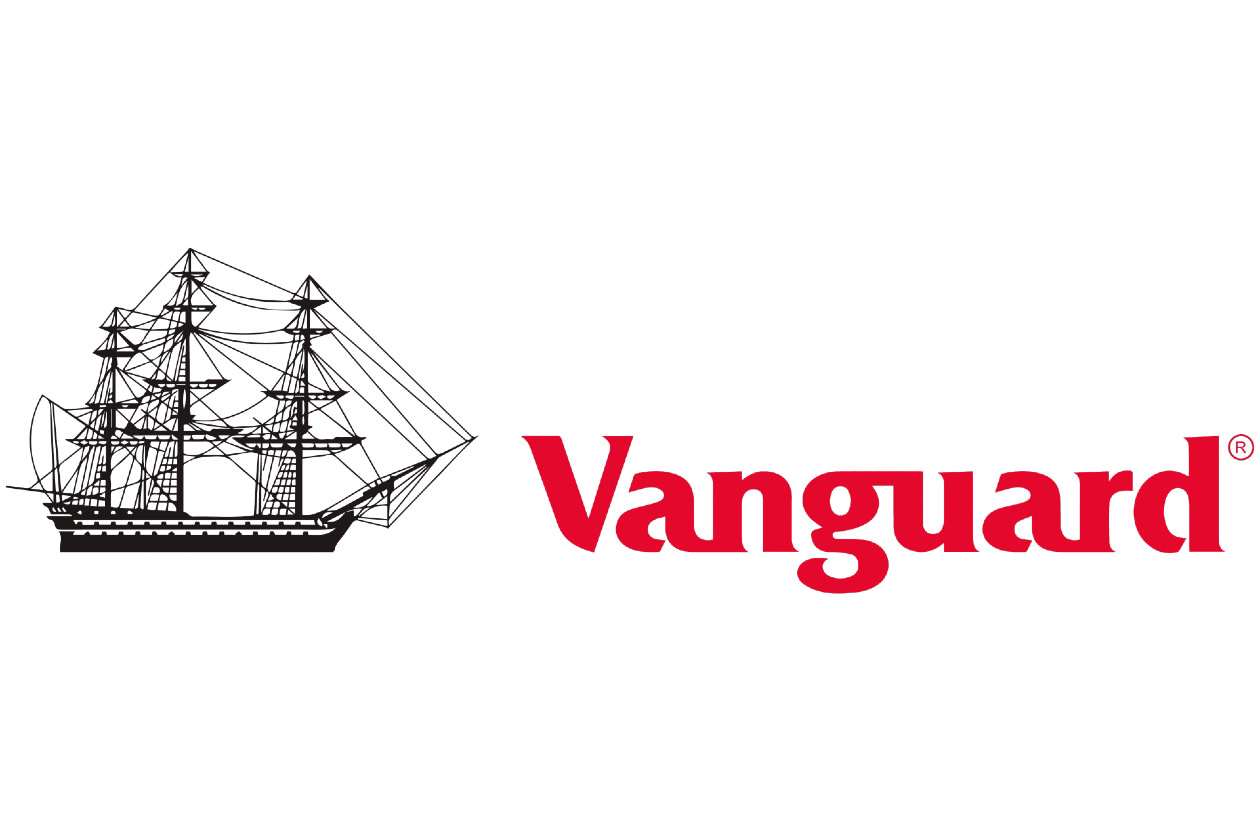Vanguard is a pioneer of passive investing
This fund invests in a range of small-sized global companies
It’s tracked the MSCI World Small Cap Index closely since launch
This fund doesn’t feature on our Wealth Shortlist of funds chosen by our analysts for their long-term performance potential
How it fits in a portfolio
The Vanguard Global Small-Cap Index fund invests in smaller companies across developed markets. Smaller companies are often among the most innovative and offer lots of growth potential, although they are more volatile and higher risk than their larger counterparts. They usually make more of their money domestically, so they’re less reliant on foreign economies.
An index tracker fund is one of the simplest and low-cost ways to invest and we view this fund as a useful way to gain passive exposure to smaller companies. It could also provide some diversification to an investment portfolio focused on shares in larger companies.
Manager
Vanguard is a pioneer when it comes to passive investing, having created the first retail index fund over 45 years ago. It now runs some of the largest index funds in the world. Given its size, it has a big investment team with the expertise and resources to help its funds track indices and markets as closely as possible, while having the scale to keep costs down.
Vanguard funds are run by a large, global team. They’re spread across three investment hubs around the world – the US, UK and Australia. This team-based approach means there’s no named manager on the fund. As a collective team, Vanguard has run this fund for 15 years.
Vanguard also has a trading analytics team, which is responsible for ensuring the funds buy and sell investments efficiently and at a competitive cost. This involves analysing data from different brokers and banks. Lower costs should help the funds track their benchmarks as tightly as possible.
Process
This fund tracks the performance of the MSCI World Small Cap Index. It aims to invest in all the companies in the index and in the same proportion. This is known as full replication and should help the fund track the index closely.
The fund invests in around 3,900 companies spread across 23 countries in developed markets. The US makes up the largest portion of the fund at 60.5%, followed by Japan, the UK and Canada. Key sectors include industrials, financials and consumer discretionary, which accounted for 20.8%, 16.1% and 12.6% of the fund respectively at the end of June 2025.
Reducing costs is a key part of keeping the tracking difference between the fund and the benchmark to a minimum. In any tracker fund, factors like taxes, dealing commissions and spreads, and the cost of running the fund all drag on performance. To help keep these costs down, the team aims to make large investments in companies instead of lots of small transactions.
Vanguard will also lend some of the investments in the fund to other providers in exchange for a fee, which can be used to offset some of the costs. It will only lend securities to a limited number of high-quality approved dealers. Vanguard indemnifies the fund against any loss from this process, meaning there should be no negative impact on investors. However, stock lending adds risk.
Culture
Vanguard is currently the second largest asset manager in the world and runs around $10trn of assets globally as of March 2025. The group aims to put the client at the forefront of everything it does, which drives its focus on quality, low-cost index products.
John Bogle founded Vanguard in 1975, and it’s owned by investors. This allows Vanguard to redirect its profits back to investors in the form of lower fees, instead of paying dividends to external shareholders. Bogle believed in creating products that simply track the performance of a market rather than taking a shot at picking individual companies which may beat them.
The team running this fund works closely with other equity research and risk departments across the business. They have daily and weekly meetings to discuss ongoing strategy which could add good support and challenge on how to run the fund effectively.
ESG Integration
Vanguard is predominantly a passive fund house. While it’s offered exclusions-based passive funds for many years, it’s lagged peers in offering passive funds that explicitly integrate Environmental, Social and Governance (ESG) criteria by tracking indices that tilt towards companies with positive ESG characteristics, and away from those that don’t.
Vanguard’s Investment Stewardship team carries out most of the firm’s voting and engagement activity. Its stewardship activity is grounded in the firm’s four principles of good governance: board composition and effectiveness, board oversight of strategy and risk, executive pay and shareholder rights.
The Investment Stewardship team produces frequent insights on their engagement activity at both a corporate and governmental level. Investors can also access fund-by-fund proxy voting records, although voting rationales are not provided. That said, voting and engagement case studies can be found in the firm’s annual Investment Stewardship report and quarterly Engagement and Voting reports.
Vanguard courted controversy in 2022 when it left the Net Zero Asset Managers’ Initiative, a group of asset managers that have committed to achieving net zero carbon emissions by 2050. It claimed its decision would improve clarity for investors and allow it to speak independently. We view this as a disappointing backward step. Furthermore, in 2024 it was reported that Vanguard failed to support a single shareholder proposal requiring more action from investee companies on environmental and social matters.
The Vanguard Global Small-Cap Index fund tracks an index that doesn’t specifically integrate ESG considerations into its process. The fund can therefore invest in shares issued by companies in any sector in line with the benchmark.
Cost
The fund has an ongoing annual fund charge of 0.29%. Our platform charge of up to 0.45% per annum also applies, except in the HL Junior ISA, where no platform fee applies.
Performance
Sine launch in January 2010, this fund has done a good job of tracking the MSCI World Small Cap Index. Over the last 10 years, the fund has gained 134.41%* versus 138.00% for the index. As is typical of tracker funds, it’s behind the benchmark over the long term because of the costs involved in running the fund. However, the tools used by the managers have helped to keep performance tight to the index. Remember, past performance isn’t a guide to future returns.
In recent years, larger companies have dominated stock market returns and outperformed smaller companies. This is partly because higher interest rates and inflation tend to have a bigger impact on smaller companies as their valuations are more reliant on expectations of future growth in earnings and cashflows.
As the US market makes up a large part of the MSCI World Small Cap Index, its performance has a big impact on the overall returns of the fund. US smaller companies performed strongly after the election due to expectations that Trump’s policies would benefit more domestically focused companies the most.
Many developed countries also started to lower interest rates in the second half of 2024 and rate cuts tend to be positive for smaller companies.
But the performance of smaller companies has lagged their larger counterparts over the past 12 months. Even though most central banks have continued to cut rates, they are taking a gradual approach as inflation remains above target. Interest rates have therefore stayed higher, and for longer, than initially expected, which has been more challenging for smaller companies.
Given Vanguard’s size, experience and expertise running index tracker funds, we expect the fund to continue to track the index closely in the future, though there are no guarantees.
Annual percentage growth
Jun 20 – Jun 21 | Jun 21 – Jun 22 | Jun 22 – Jun 23 | Jun 23 – Jun 24 | Jun 24 – Jun 25 | |
|---|---|---|---|---|---|
Vanguard Global Small-Cap Index | 36.96% | -11.34% | 7.93% | 9.70% | 5.40% |
MSCI World Small Cap Index | 36.74% | -11.24% | 7.88% | 9.77% | 5.60% |


